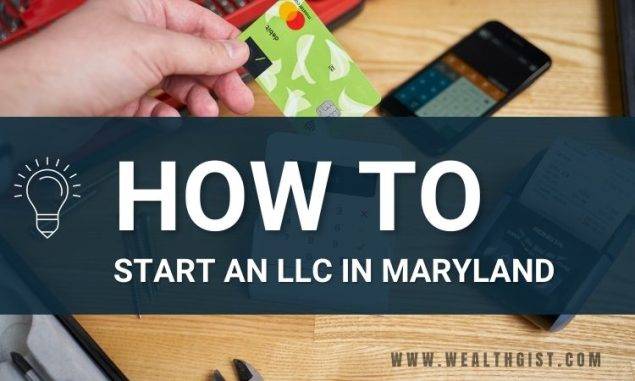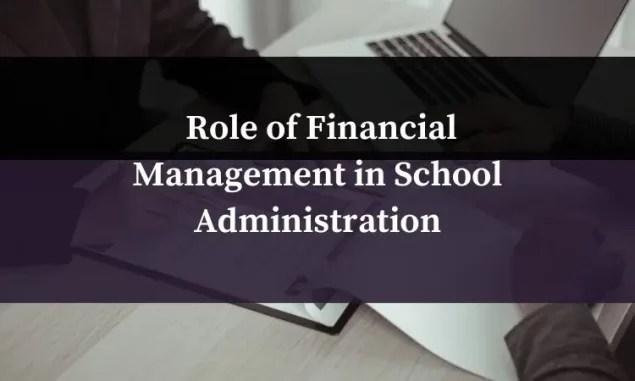As young adults, we stand on the threshold of countless opportunities and challenges. Financial independence, often one of the most exhilarating aspects of young adulthood, is also intertwined with complexities and decisions that can shape the trajectory of our entire lives.
Navigating this intricate web, from understanding taxes to planning a secure retirement, requires a blend of foresight, education, and sometimes, a touch of expert advice. The initial steps taken during these formative years can significantly influence our future financial health. Here’s some tailored advice to get you on the right track.
Consider Hiring a Personal Tax Accountant
Taxation, though inevitable, can be confusing, especially as your financial landscape grows more complex. One of the wisest decisions you can make early in your adult life is hiring a personal tax accountant. The immediate benefit? They guide you toward maximizing deductions and ensure you remain compliant with ever-evolving tax laws.
Now, you might be hesitant, thinking about the upfront costs. But look at the bigger picture: A proficient accountant can often save you more than their fee by identifying deductions you might have missed or advising on tax-efficient strategies. More than just the monetary benefits, having an expert to consult on tax matters imparts a sense of financial clarity. This is especially vital if you’re juggling multiple sources of income, and investments, or considering major life changes like purchasing a home.
Start an Emergency Fund
Life, as they say, is full of surprises, but not all of them are pleasant. This is where an emergency fund is necessary. An unforeseen medical emergency, an unexpected car repair, or even a sudden job loss can shake your financial stability. An emergency fund acts as a financial buffer, ensuring you can tackle these surprises head-on, without the added stress of diving into debt.
So, how much should you squirrel away? A general recommendation is to cover 3-6 months worth of essential expenses. This might seem like a hefty sum, but remember, the goal is peace of mind. Starting with a small, dedicated amount each month can gradually build this safety net.
Understand and Manage Your Debt
Debt—a word that can send chills down anyone’s spine. But it’s essential to understand that not all debt is detrimental. There’s ‘good’ debt, like a mortgage or student loans, which can be considered an investment in your future. Then there’s ‘bad’ debt, often associated with high-interest credit cards or loans for depreciating assets.
To stay atop your financial game, grasp the nature of your debts. Familiarize yourself with repayment strategies such as the snowball method, where you start by paying off the smallest debt first, or the avalanche method, which targets high-interest debt first. Whichever strategy you choose, the goal is to reduce and eventually eliminate what you owe. As you move forward, pledge to use credit cards judiciously and steer clear of tempting high-interest loans.
Invest in Your Future: Retirement and Beyond
Starting your investment journey might feel overwhelming, especially considering that around 55% of Americans say they’re behind on saving for retirement. Yet, even if retirement seems a lifetime away, it’s never too early to harness the power of compound interest. This financial phenomenon can lead to astonishing results. With compound growth, not only do your investments earn interest, but that interest also accumulates its own interest.
Diversification is another cornerstone of prudent investing. It captures the timeless advice of not putting all your eggs in one basket. By diversifying, and spreading your investments across a range of asset classes, you can mitigate potential risks and capitalize on the growth of different markets. In tandem with this, don’t overlook the allure of tax-advantaged accounts. Engaging with tools like 401(k)s, IRAs, or other retirement-focused accounts early in your financial journey offers tax benefits that can significantly boost your savings as time progresses.
Educate Yourself Continuously
In the ever-evolving realm of finance, staying static is not an option. Constant education is the key to adapting and thriving. Make it a habit to stay updated. Whether it’s a new taxation rule, an investment trend, or a groundbreaking financial tool, being in the know gives you an edge.
Resources are aplenty, so make sure you dive into books that offer financial wisdom. Bookmark and follow reputable financial blogs or podcasts that resonate with your financial journey. And don’t underestimate the power of peer advice. Engaging in conversations with friends or family about their financial strategies can offer fresh perspectives and practical insights.
Final Thoughts
Embarking on your financial journey as a young adult can feel like sailing uncharted waters. But with the right compass—knowledge and a proactive approach—you can navigate through financial storms and sunnier days alike. Remember, every financial decision you make today is a brick in the foundation of your future. Seek expert advice when you’re unsure, be persistent, and trust in the journey. The horizon holds promise!









